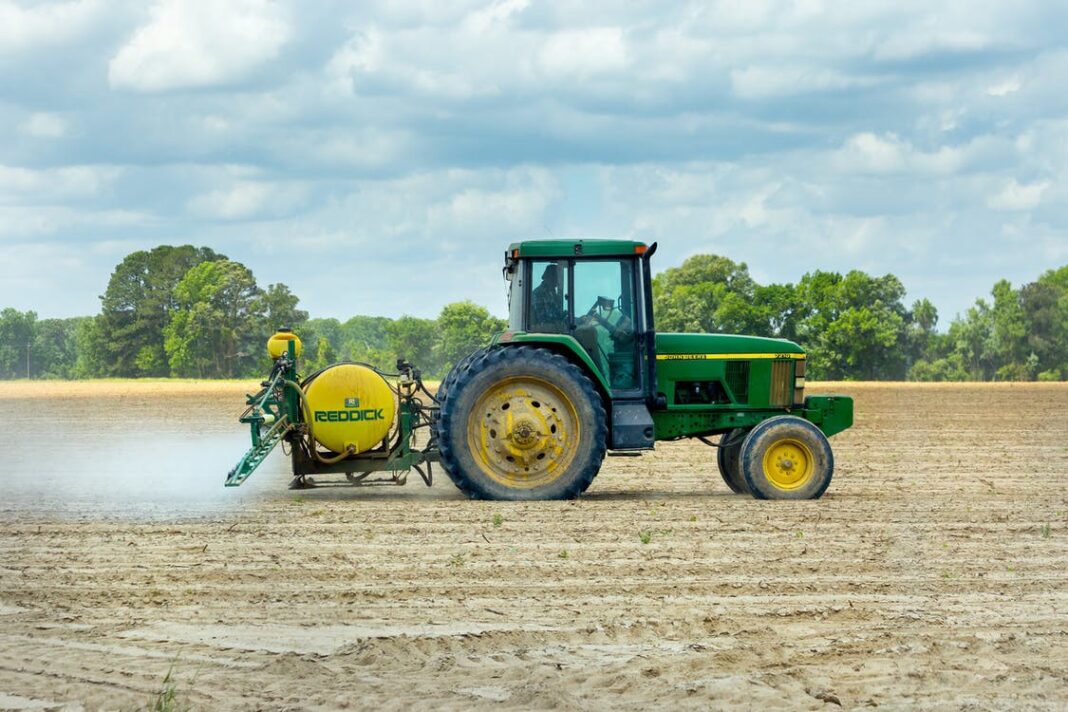By Neo Kolane
The Lesotho National Farmers’ Union (LENAFU), unlike other organisations, has been unable to immediately this week to adopt a position on the sectoral outlook of the 2023/2023 annual budget which was delivered by finance and development planning minister Dr Retṧelisitsoe Matlanyane earlier this week.
The agricultural sector is proposed an allocation of M1.1 billion in the budget. Matlanyane told parliament on Monday that, with the aim of ending hunger, achieving food security and improving nutrition and promoting sustainable agriculture, farmers will be supported by continuing to increase access to agricultural inputs and provide technical support to increase productivity and output.
She said this continued effort will increase grain production of maize from 27,900 tonnes to 438,000 tonnes, wheat from 5,700 tonnes to 48,700 tonnes and beans from 43,000 tonnes to 97,500 tonnes by 2027.
The minister added that the ministry of agriculture and food security will continue to promote climate smart agriculture for small- and large-scale farmers using cost effective technologies.
“It is important to also note that the government has developed an irrigation master plan that was developed with the support of the World Bank. The plan covers around 53, 000 hectares, with an estimated cost of over US$ 800 million. The focus for the coming fiscal year will be on supporting the rehabilitation of existing infrastructure and to package the initiative to promote local and foreign investment, using different facilities that have been created to access finance.
“Farmers that have capacity to acquire agricultural equipment and machinery will be assisted to access the existing facilities, which includes credit guarantee facility with the Post bank and matching grant schemes mentioned earlier.
“The ministry will also work with MCC to undertake preliminary works under market driven irrigated agriculture which aims at the development of 2000 hectares at Tsoili-Tsoili, Manka, Likhakeng in the Leribe district and Phamong in Mohale’s hoek in the next five Years.”
She further noted that production of wool and mohair are the main agricultural exports, and it has increased more with the assistance of Wool and Mohair Promotion Project on culling and exchange and Government will continue to support farmers to produce 8000kg of wool and 1000kg of mohair in the coming financial year.
This publication approached LENAFU programmes manager Khotso Lepheana to provide the organisation’s stance on the budget’s positon regarding the agricultural sector.
However, he insisted that the farmer’s grouping is yet to confer on Monday next week, to analyse the budget and come up with a common position.
LENAFU is made up of farmers across the farming spectrum, from crops and vegetable to livestock producers.
Meanwhile, a World Bank report of 2019, shows that Lesotho’s agricultural sector faces several challenges that have made the country heavily dependent on food imports to meet domestic consumption needs. Despite 70 percent of the rural population engaged in some form of agricultural activity, the sector contributes less than 10 percent to the national gross domestic product. Most of the rural population is engaged in subsistence farming: rain-fed, undiversified farming (primarily cereal production) and extensive livestock grazing characterize the sector.
According to the report, productivity challenges in the sector, include, inter alia, unfavourable farm structures (average land holding of less than 1.0 ha per family), outdated farm technologies and farm management practices, limited technical expertise, sub-optimal use of inputs, lack of an adequate irrigation and drainage system, weak rural infrastructure, a rudimentary rural advisory system, and limited access to credit and investment capital.
“In addition, the country has experienced severe land degradation and impacts of climate shocks with regular cycles of drought and intense rainfall which have contributed to massive soil erosion and loss of scarce agricultural land.
“Climate change poses a major development challenge in Lesotho and the agricultural sector remains highly vulnerable to the impacts of climate change and variability. The Inter-Governmental Panel on Climate Change categorizes Lesotho as one of the countries highly vulnerable to the impacts of climate change. Vulnerability in Lesotho is characterized by high population pressure on the available land and natural resources, fragile and substantially degraded soils, high level of food insecurity and poverty and lack of infrastructure which hinder the capacity of local population to adapt to severe weather conditions.
“Irrigation is critical for mitigating climatic risks and increasing productivity and commercialization in Lesotho’s agricultural sector. Less than one percent of crop production in Lesotho is under irrigation and almost all smallholder farming is rain-fed. Of the total agricultural land of 2.3 million has only 0.05 percent of the total agricultural land was under irrigation in 2014 despite the abundant water resources and the great potential of the country’s highlands for water supply,” the reports says.








